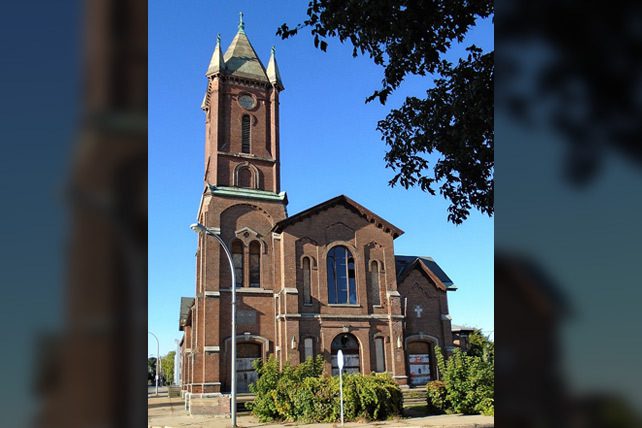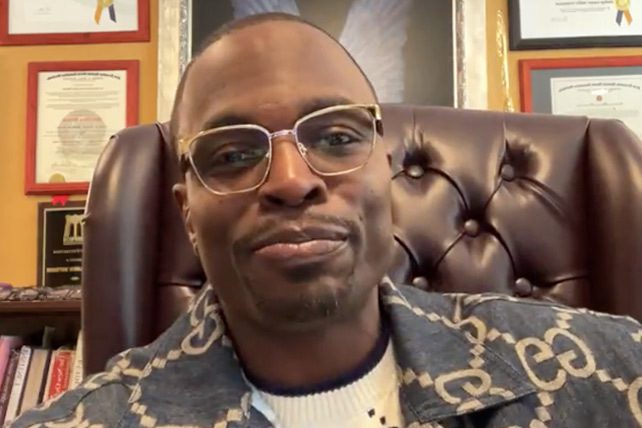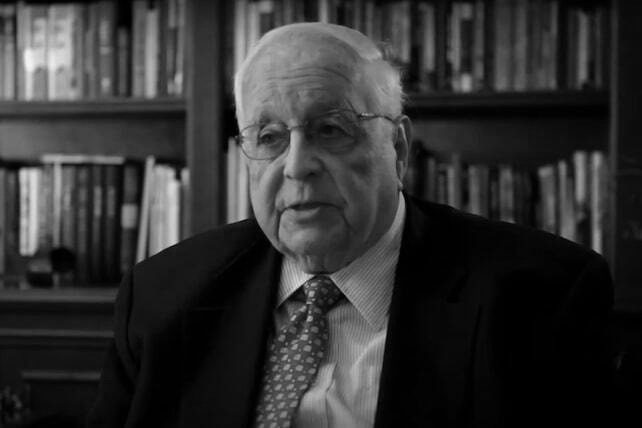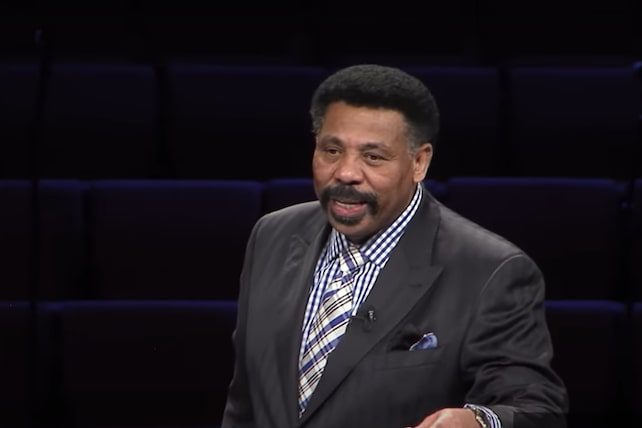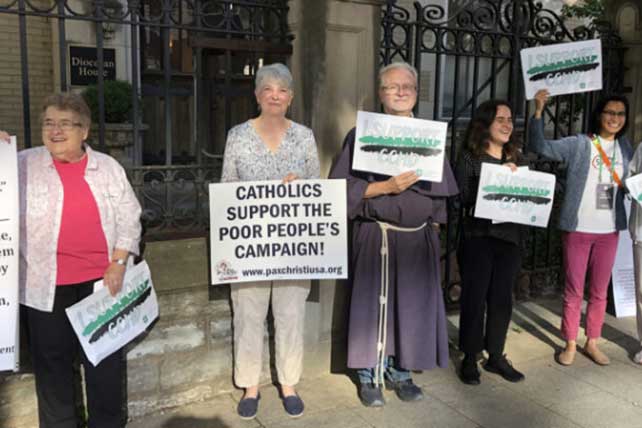(RNS) — One of the largest Catholic health care systems in the United States, Ascension, a nonprofit that has previously been accused of behaving like a private equity fund, is now outsourcing staffing of its hospital physicians and other clinicians in Illinois to a private-equity-backed staffing firm.
According to a letter sent in late May to Ascension by U.S. Sen. Chuck Grassley, the Republican ranking member on the Senate Budget Committee, whistleblowers disclosed staffing proposals under SCP Health, a firm majority-owned by the private equity group Onex Partners, that the whistleblowers say may require hospitalists to see twice the number of patients per day as the U.S. national average.
Additionally, the letter says that whistleblowers shared plans to have physicians oversee patient care by “roundtable” instead of directly examining patients.
Grassley’s letter raises the concern that Ascension’s mission of serving “persons living in poverty and those most vulnerable” is in conflict with the goals of Onex Partners, which has given shareholders a return of more than $3 billion since the 1980s through stock buybacks and dividends.
RELATED: With Catholic Anti-Poverty Program Under Attack, Bishops and Activists Mount Defense
“These objectives are competing and stand in stark contrast in principle and spirit with Ascension’s stated mission and services,” Grassley wrote.
After Ascension began the staffing transition to SCP Health on June 1, about 35% of hospitalist staff left the chain’s 10 Chicago-area hospitals, according to reporting by Crain’s Chicago Business. A source also told the outlet that the staff exodus was expected to continue.
The communications office for the Diocese of Joliet, Illinois, where several affected hospitals are located, told Religion News Service that Bishop Ronald A. Hicks “is generally aware that changes are being made at Ascension Hospitals but has not been involved in nor has any information about hospitalists or other staffing issues at Ascension.”
“We will continue to watch this issue,” the office said.
The Archdiocese of Chicago, home to other affected hospitals, did not respond to multiple requests for comment about whether Ascension received advice from Cardinal Blase Cupich on the decision or whether the archdiocese is concerned about the decision’s compatibility with the Ethical and Religious Directives, the bishops’ guidance for Catholic health care.
The Catholic Conference of Illinois, which collectively represents the Illinois bishops, referred similar questions to the Illinois Catholic Health Association, which did not respond before this article was published.
Ascension has received harsh criticism for its decision to create a joint investing partnership with another private equity firm, in an operation worth more than $1 billion. The health care system said that its investment strategy would generate capital gains that could be reinvested in Ascension’s mission of charity work.
RELATED: National Eucharistic Pilgrimage Passes Through Washington, Draws Fervent Catholics
In 2021, the health news outlet Stat reported that as Ascension’s investment income increased, the amount of free care the hospital system provided to low-income patients remained about the same. One investment, a medical debt collection company, had been accused at the time of illegally attempting to collect money from patients.
“Delivering compassionate and timely care to the patients we serve is at the center of all we do,” an Ascension spokesperson told RNS in an email. “We look forward to continuing to work closely with SCP Health to serve our patients, our community and our Mission,” the spokesperson wrote. Ascension did not respond to follow-up questions about how it had responded to Grassley’s concerns in his letter.




